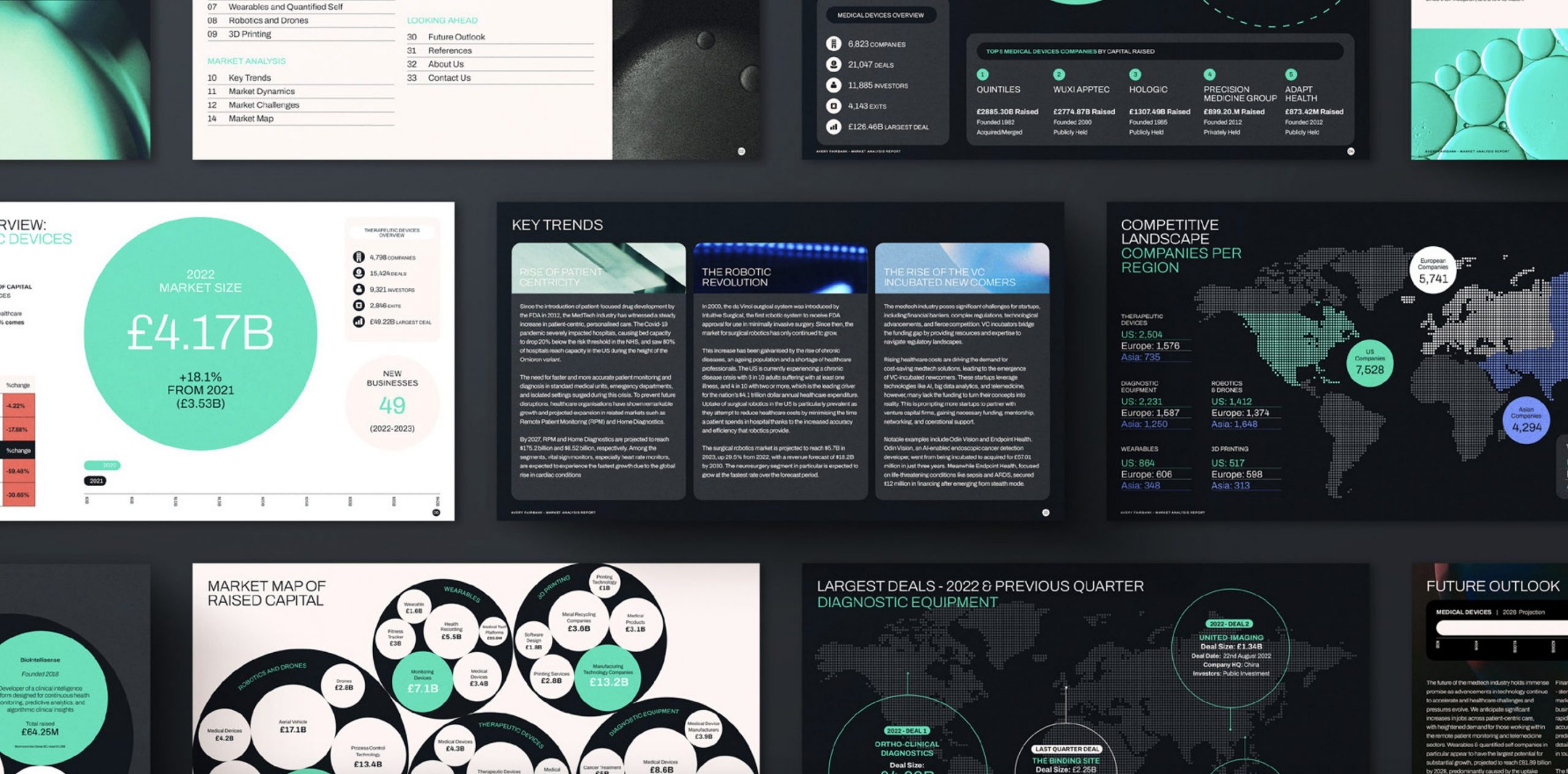November 21, 2023
In the dynamic field of neurotechnology, where advanced science intersects with groundbreaking technology, several companies are at the forefront of revolutionising healthcare, computing, and mobility. This article highlights three key players: Sinaptica Therapeutics, Wispr AI, and Phantom Neuro. Each is pioneering in its niche, from novel Alzheimer’s treatments and intuitive human-technology interactions to innovative prosthetic controls.
Join us as we explore their transformative innovations that are set to reshape the future of neurotechnology.
Sinaptica Therapeutics
Sinaptica Therapeutics, a newcomer in the realm of electromagnetic therapeutics, is at the forefront of developing a bespoke, non-invasive method for brain stimulation, offering new hope in the battle against Alzheimer’s disease (AD).
The core of their innovation lies in the SinaptiStim™ – AD System, a pioneering medical device that crafts and meticulously administers a tailored electromagnetic therapy for individual patients. This approach has undergone rigorous testing in a groundbreaking, randomised, sham-controlled clinical trial. The SinaptiStim™ – AD System marries electromagnetic brain stimulation with advanced, AI-driven protocols, precise brain modelling, and targeted network intervention, forging a highly personalised therapeutic strategy.
Supported by over ten years of scientific and clinical research, this therapy aims to redefine treatment efficiency for AD and potentially other neurodegenerative conditions, addressing the pressing need for more effective treatments in this area. Having been granted Breakthrough Device Designation by the U.S. Food and Drug Administration (FDA) in October 2022 for the SinaptiStim™ – AD System, Sinaptica is set to revolutionise Alzheimer’s disease treatment, offering new, targeted therapeutic avenues that could transform patient care and outcomes.
Wispr AI
Established in 2021 and based in San Francisco, Wispr AI is dedicated to creating a more intuitive way for people globally to engage with technology. As a cutting-edge consumer electronics firm, Wispr AI focuses on pioneering new methods of human-technology interaction and have currently raised a total of £12.41 million.

The company is redefining a technology we’ve long accepted as the norm – the smartphone – by developing a new form of personal computing. Despite steady advancements over the past decade, smartphones have remained fundamentally the same, with their user interaction still unnatural: gazing downwards, fingers flicking across a slab of glass.
“Two years ago, Sahaj (Co-Founder and CTO) and I pondered over what comes next? That was the genesis of Wispr,” remarked Tanay Kothari, co-founder and CEO of Wispr. “Our goal is to forge a new mode of technological interaction, rooted in the most instinctive ways humans communicate with each other. We’ve termed these interfaces ‘natural interfaces.’ Unlike many neural interfaces that decode brain signals, ours are non-invasive, interpreting biosignals from the body.”
With this innovative approach, the need for miniature keyboards and learning air gestures will become a thing of the past. Wispr focuses on a user-centric method, enabling interaction with technology in the most instinctual way for the user. In order to build a successful consumer product, there are several key challenges that Wispr must overcome. To achieve this, the company is assembling a team of talented engineers and designers to develop new technologies and create new ways of interaction to provide users with a smooth and intuitive experience.
Phantom Neuro
Phantom, a neurotechnology firm spun out from a laboratory at the Johns Hopkins University School of Medicine, is at the forefront of creating the first minimally invasive interface between muscles and machines. This pioneering technology is designed for the control of prosthetic limbs and robotic exoskeletons, potentially changing the lives of amputees and those with limited mobility.
Their innovative approach integrates minimally invasive implanted sensors with artificial intelligence, providing exceptional management of orthopaedic devices like prosthetic limbs and exoskeletons. The company’s financial backing, having raised a total of £7.54 million, comes from a range of investors including Time BioVentures, Risk & Return (R²), LionBird Ventures, Draper Associates, and Breakout Ventures, among others.
As of June 2023, the company has completed a successful demonstration of their technology in a porcine model, going from “concept to fully demonstrated system in just under one year” according to Dr. Glass, CEO of Phantom Neuro. With the completion of this trial and the addition of a new CTO & preeminent advisors, Phantom’s sights are “firmly set on human trials and finding the right partners with which to fulfil this next paramount step in our progression.”

Published on 21-11-2023


